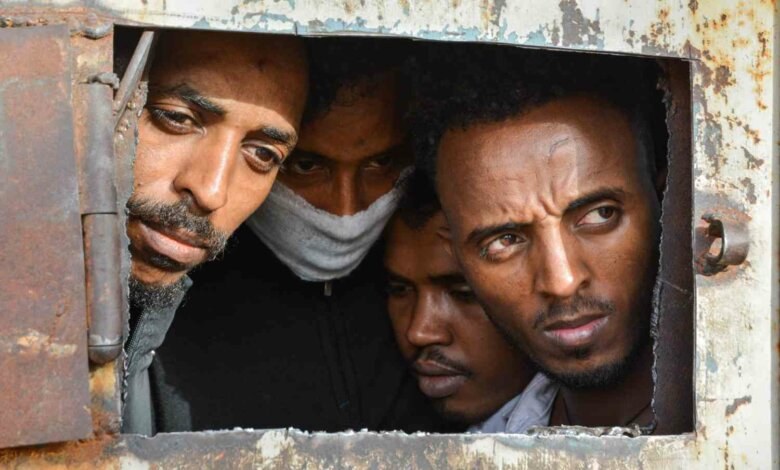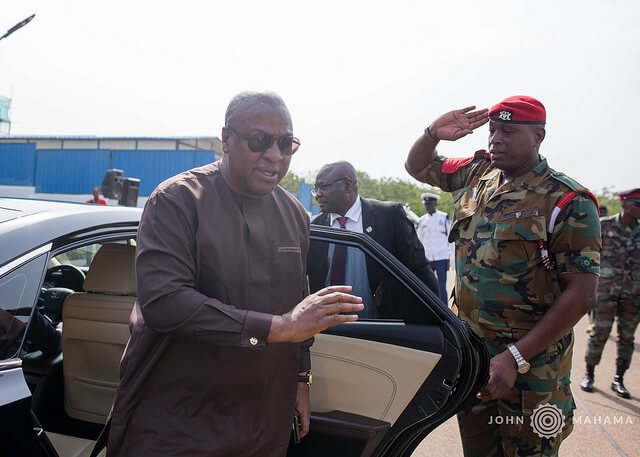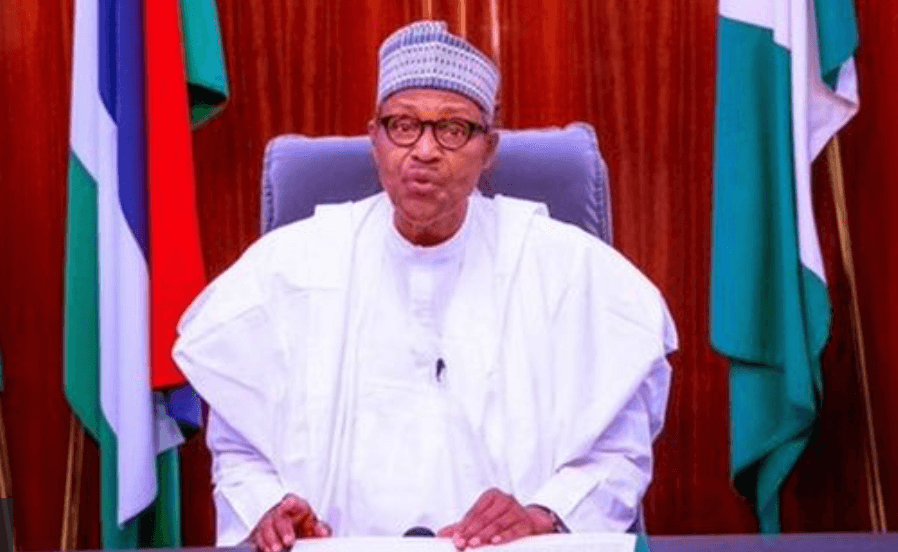European Union Secretly Involved in Libya’s Migration Abuses & Deaths

Critics of Europe’s migrant policies are becoming more vocal. At least three requests to the International Criminal Court have been filed, requesting that Libyan and European officials, as well as traffickers, militiamen, and others, be investigated for crimes against humanity.
A UN investigation released in October last year found evidence that violations in Libya may have amounted to crimes against humanity Since 2015, the EU’s Trust Fund for Africa has set out 455 million euros ($516 million) for Libya, with a large portion of that going to migration and border management.
However, despite growing concerns about their treatment of migrants, rising death toll at sea, and the North African nation’s continued lack of central authority, a confidential European Union military report recommends that a controversial EU programme to train and equip Libya’s coast guard and navy be continued.
Senior EU officials are aware of the plight facing migrants detained in Libya. In November 2017, EU migration commissioner, Dimitri Avramopoulos, said,
“We are all conscious of the appalling and degrading conditions in which some migrants are held in Libya.”
He and other senior EU officials have repeatedly asserted that the EU wants to improve conditions in Libyan detention in recognition of grave and widespread abuses. However, Human Rights Watch interviews with detainees, detention center staff, Libyan officials, and humanitarian actors revealed that EU efforts to improve conditions and treatment in official detention centers have had a negligible impact.
The Associated Press got a copy of the paper, which was given to EU officials this month and provides a rare glimpse into Europe’s willingness to assist Libya in intercepting and returning tens of thousands of men, women, and children to Libya, where they risk inhumane treatment.
The assessment, compiled by Rear Adm. Stefano Turchetto of the Italian navy and the commander of the EU arms embargo surveillance mission, or Operation Irini, admits Libyan authorities’ “excessive use of force,” while also stating that EU training is “no longer fully followed.”
Read Also: Malians Protest ECOWAS Sanctions Backed by European Union
Last week, U.N. Secretary-General Antonio Guterres called for countries to “re-examine policies that support interception at sea and return of refugees and migrants to Libya.”
Stano dismissed those criticisms, he said:
“When it comes to migration, our objective is to save peoples’ lives, protect those in need and fight trafficking in human beings and migrant smuggling,”
However, human rights defenders and asylum seekers disagree.
“The Europeans pretend to show the good face,” said a Cameroonian woman who arrived in Libya in 2016 with her child thinking she would find work. Instead, she was trafficked and forced into prostitution after being separated from her daughter.
In 2018 she got on a smuggler’s boat bound for Europe but her group was caught by Libyan authorities and taken to the notorious Tajoura detention center where detainees were beaten and abused. She was only released after a friend paid a $700 ransom to the guards.
“They’re calling it saving lives? How is it saving lives when those lives are tortured after being saved?” the woman asked.
Hundreds of thousands of migrants seeking to reach Europe have passed through Libya, where a lucrative trafficking and smuggling business has thrived in a country without a functioning government.
The region has been split for years between rival administrations in the east and west, each backed by armed groups and foreign governments.
Human Rights Watch researchers visited four detention centres in Tripoli, Misrata, and Zuwara in July 2018, documenting inhumane conditions such as severe overcrowding, unsanitary conditions, poor quality food and water that has resulted in malnutrition, a lack of adequate healthcare, and disturbing accounts of guard violence such as beatings, whippings, and the use of electric shocks.
The EU report acknowledges that Libya’s “political stalemate” has hampered Europe’s training programme, noting that the country’s internal divisions make obtaining political support for enforcing “proper behavioural standards… compliant with human rights, especially when dealing with irregular migrants” difficult.
The European Commission and the EU’s External Action Service — the bloc’s foreign ministry — both declined to comment on the report. However, EU spokesman Peter Stano reaffirmed that the EU is committed to training coast guard troops and bolstering Libya’s capabilities to oversee a huge Mediterranean search-and-rescue area.
When asked about the Libyan detention centres, Stano stated unequivocally that the EU’s position is clear: “They are unacceptable.” The current system of arbitrary detention must be abolished.”
Regardless of such claims, little has changed on the ground. Last month, the Libyan government appointed Mohammed Al-Khoja (a militia leader accused in migrant atrocities) to manage the Department for Combating Irregular Migration, which is in charge of the detention camps.
“The same people in charge of dismantling the trafficking business are the traffickers themselves,” said Violeta Moreno-Lax, founder of the immigration law program at Queen Mary University of London.
The EU assessment cited a Libyan patrol’s “excessive use of physical force” during the Sept. 15 interception of a wooden boat carrying roughly 20 migrants off Libya’s coast.
Libyan military utilised techniques “never seen before and not in accordance with (EU) training…”, according to the report. According to the report, “as well as international regulation.” It didn’t go into any further detail about what transpired.
The Libyan coast guard’s spokesman did not respond to an AP request for comment on the event or the EU findings. Libyan authorities from the interior ministry and the coast guard have previously stated that they are doing their best with limited resources in a country that has been ravaged by years of civil war.
Libyan officials’ violent methods at sea have been publicly known for years. Activists on a volunteer rescue ship said they saw a Libyan police vessel “shooting at a person who had jumped into the water” last week.
Since 2016, the EU has increased its attempts to prevent Libyans from leaving by boat. This approach is justified by EU policymakers and leaders as a political and practical necessity to reclaim control of Europe’s external borders and “break the smugglers’ business model,” as well as a humanitarian obligation to prevent deadly boat migration.
In practise, by outsourcing migration control, the externalisation method has the consequence of evading the legal responsibilities that arise when migrants and asylum seekers enter EU territory.
For example, Italy—the EU country where the majority of migrants departing Libya arrive—has taken the lead in providing material and technical assistance to the Libyan Coast Guard and abdicated virtually all responsibility for the coordination of rescue operations at sea.
The European Union, Italy, and other governments have intentionally contributed to detainee abuses, and they have been complicit in those abuses.
The cruelty inflicted on migrants, asylum seekers, and refugees in Libya should not be excused by the intricacies of international movement or the various issues that the country faces today.
Source: AP & HRW
Abeeb Lekan Sodiq is a Managing Editor & Writer at theafricandream.net. He’s as well a Graphics Designer and also known as Arakunrin Lekan.





